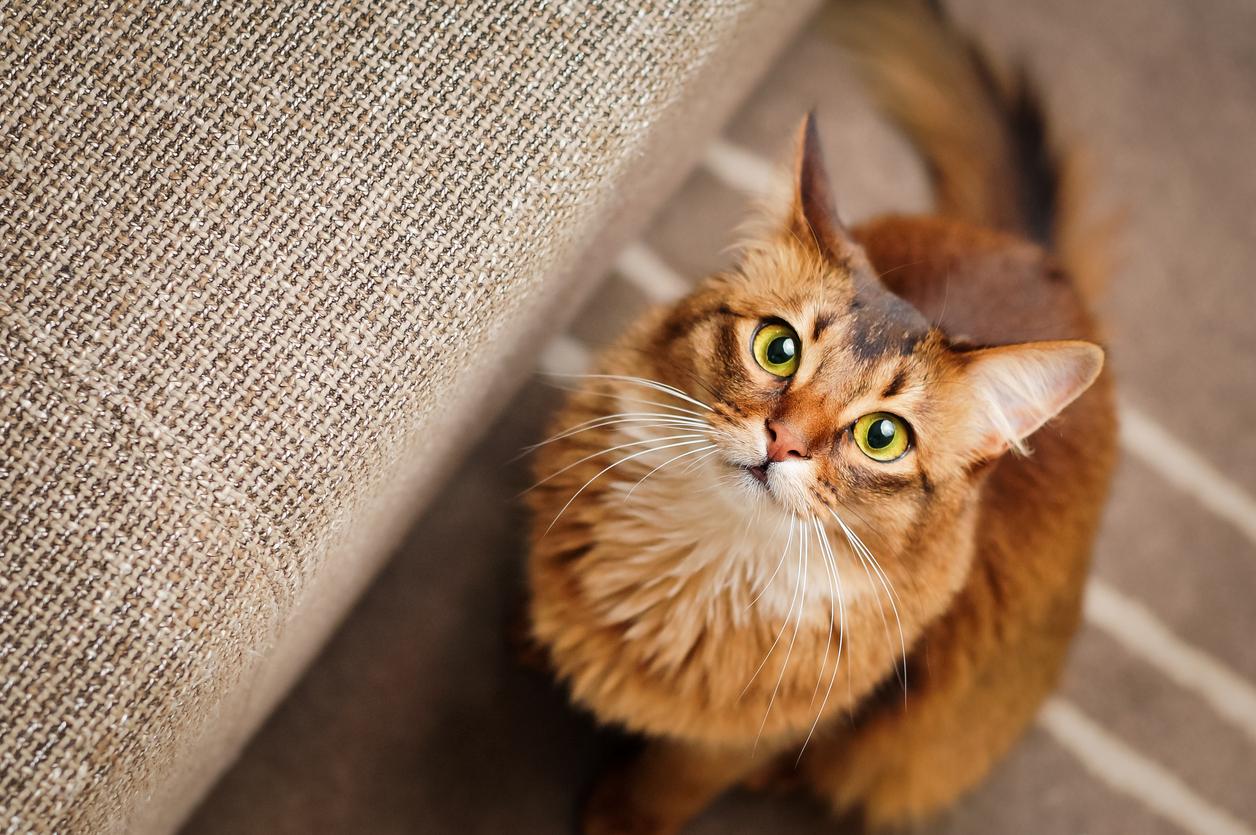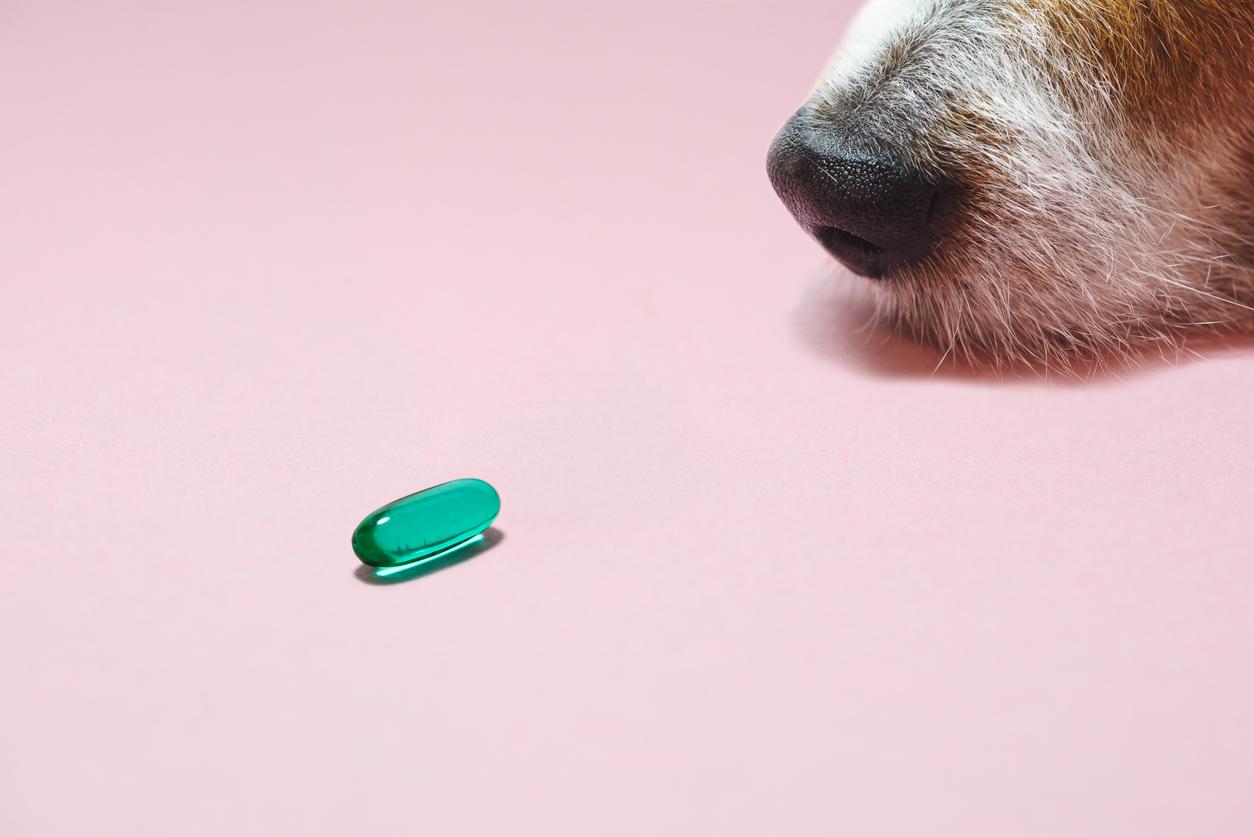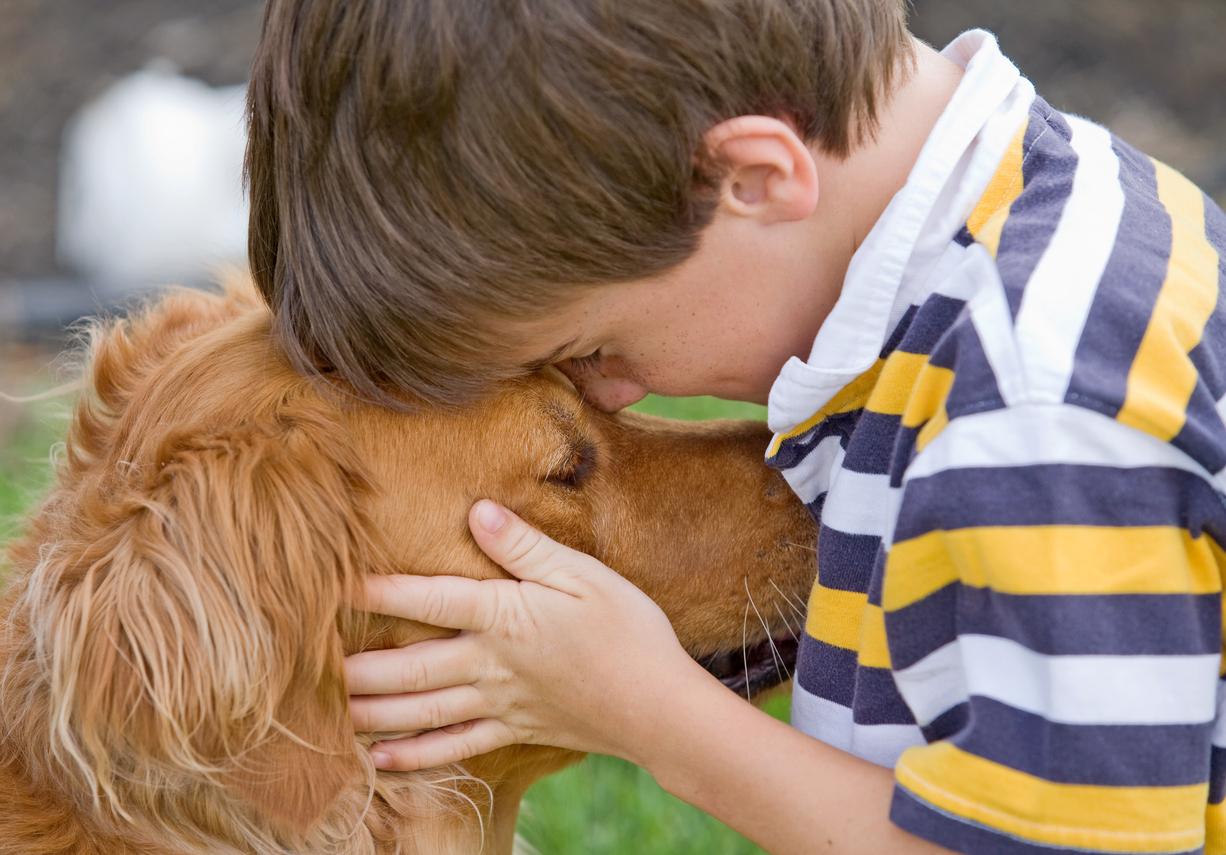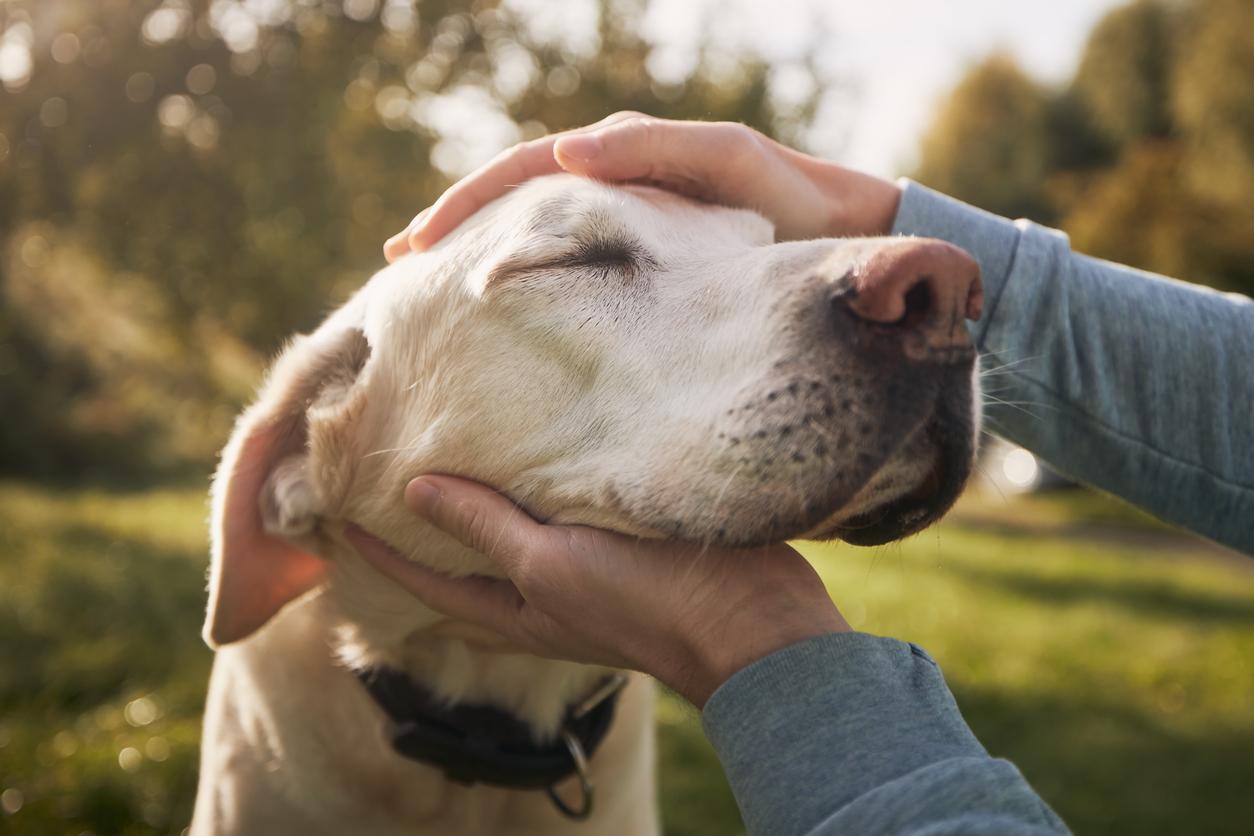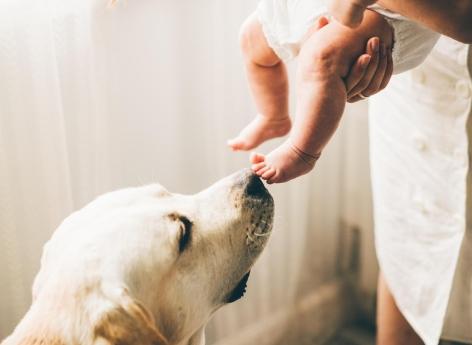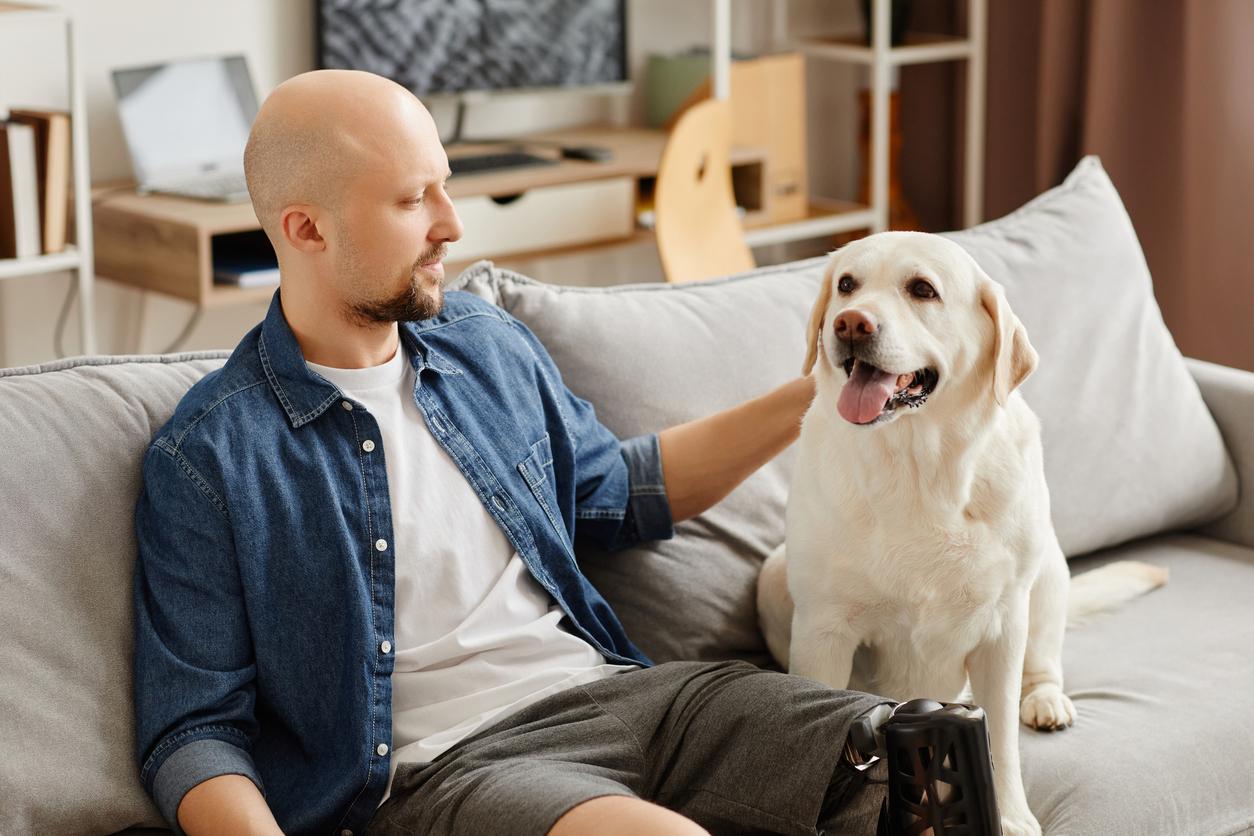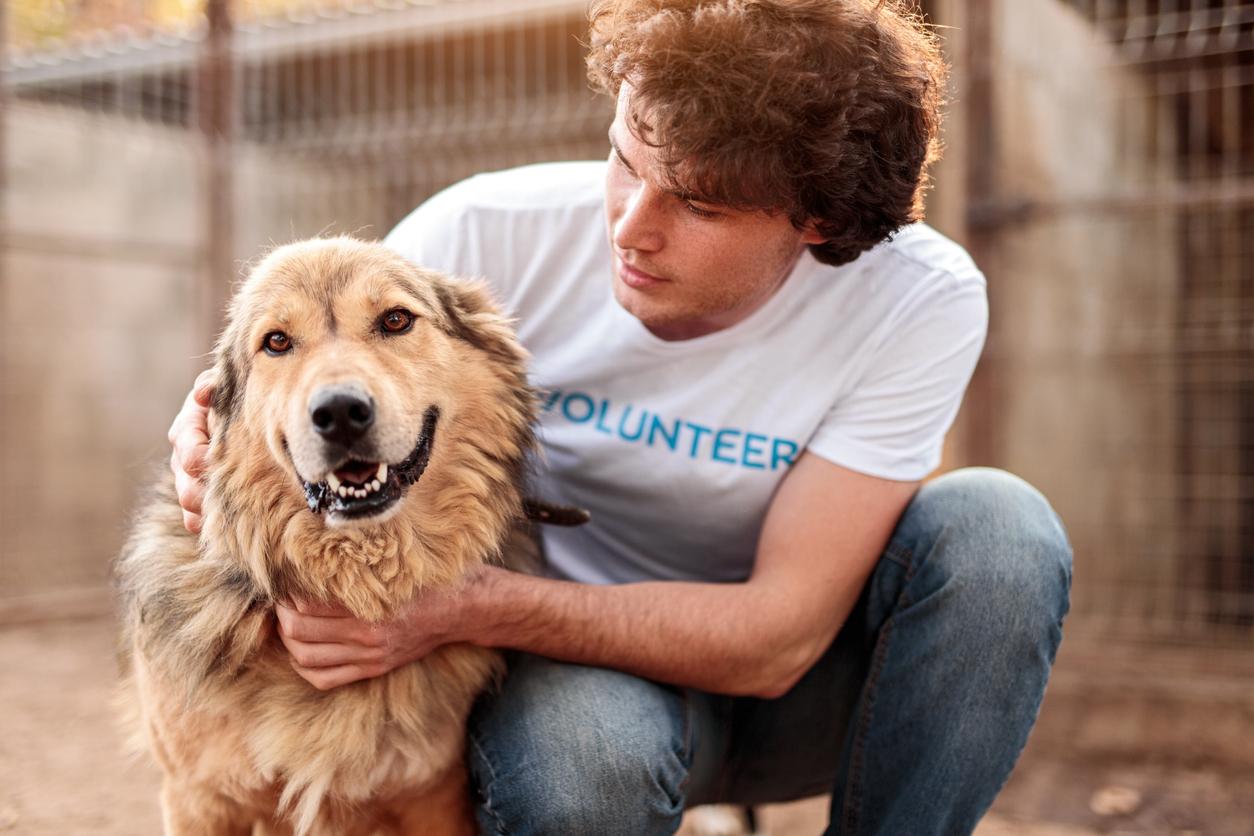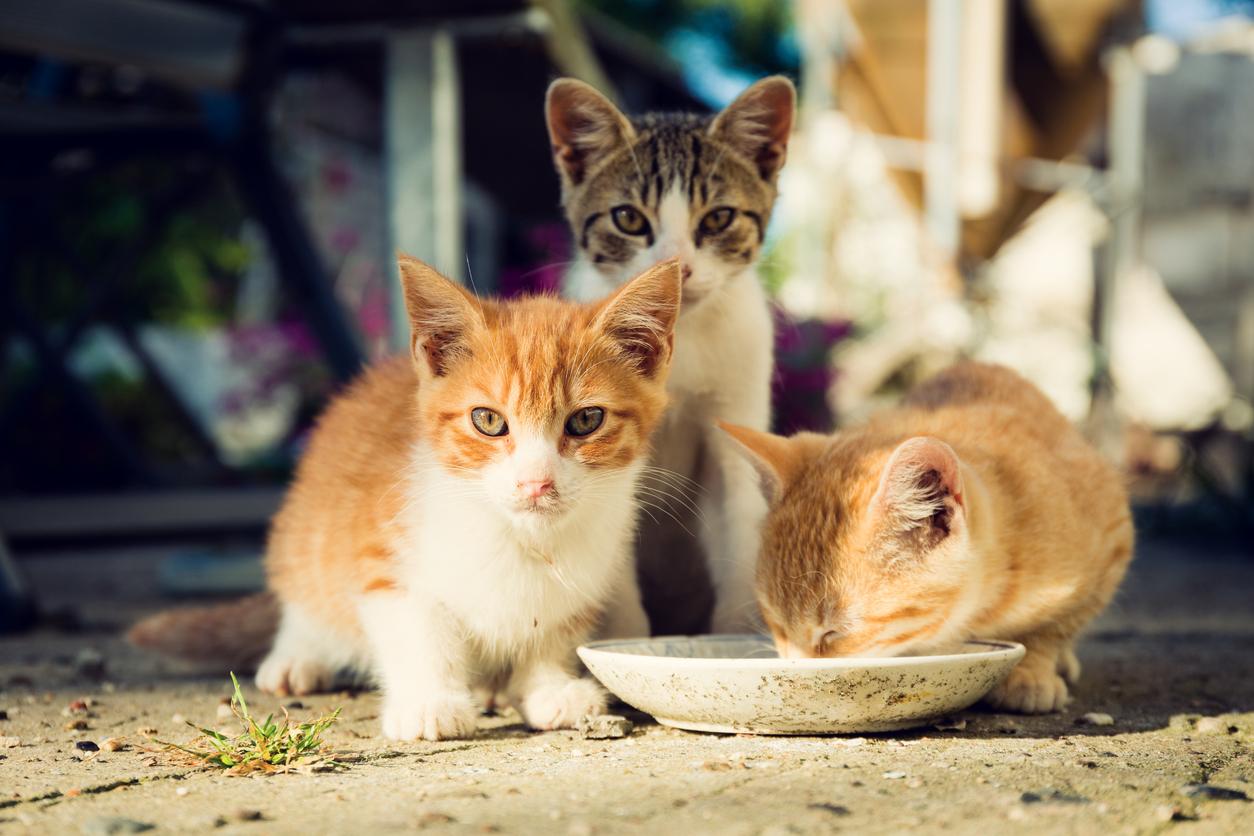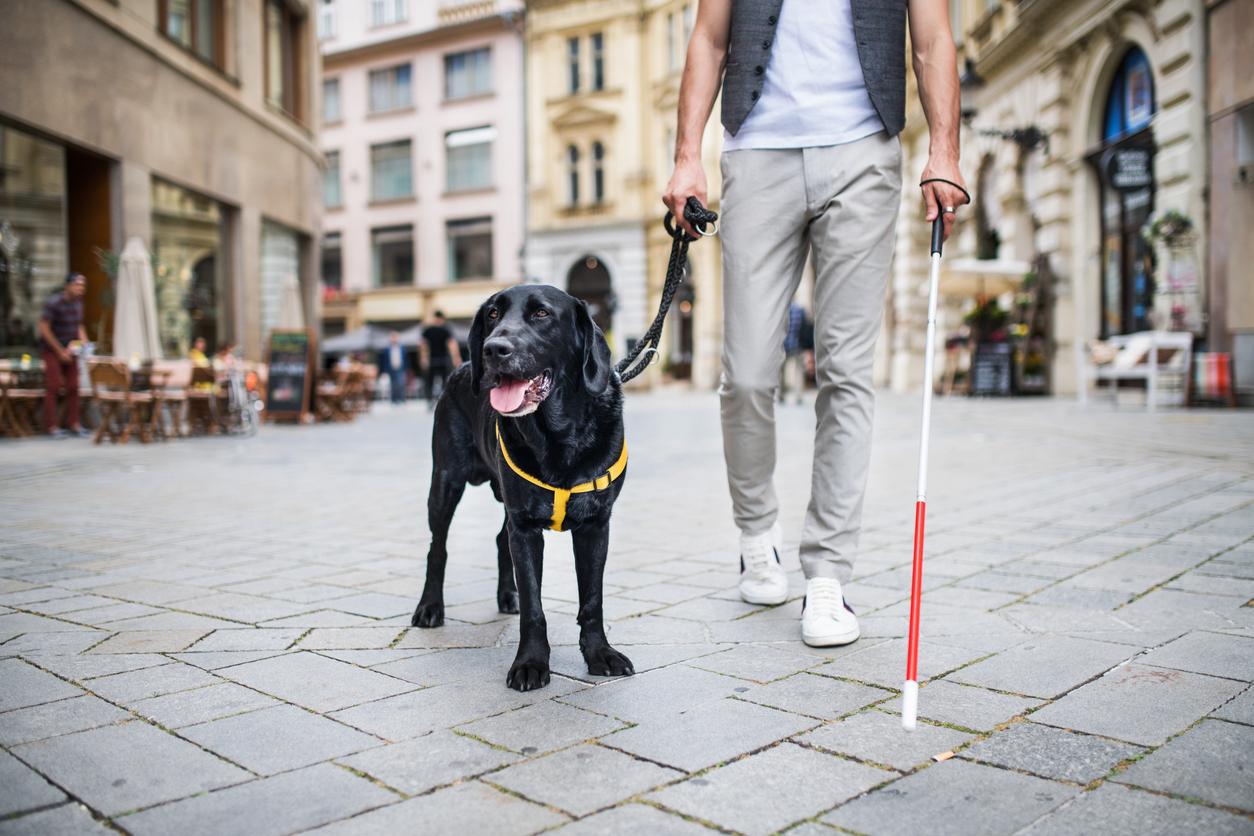Family reunions, good meals, decorations… the end of year celebrations are festive moments. But so that they are also for your pet, several precautions must be taken.
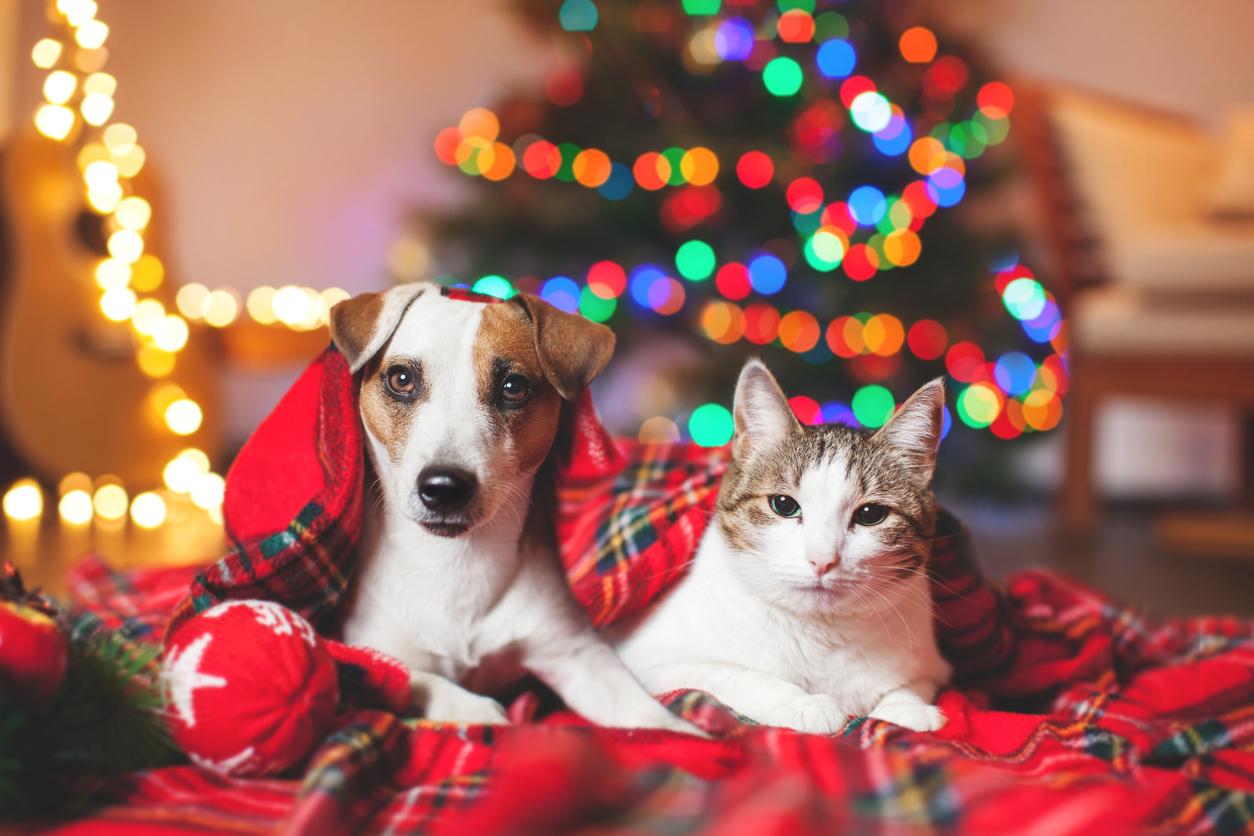
- 52% of French people own at least one pet, according to a 2020 iFop survey.
- According to data from Facco-Kantar, France has 80 million pets. The most numerous are fish, followed by cats and barnyard birds.
Food poisoning, burns, ingestion of batteries, cuts when opening oysters… whether it’s Christmas or New Year, the end-of-year celebrations harbor a large number of potential domestic accidents, if we are not careful. But humans aren’t the only ones who can be harmed during the festivities. Pets are likely to encounter several dangers during this joyous, turbulent time.
Asked by the webmd medical siteveterinarian Kim Johnson detailed the precautions you should take to avoid an unscheduled visit to the vet on New Year’s Eve.
Ingestion, electrocution: watch out for decorations
Decorating your home to give it a festive look is one of the little pleasures of December. Nevertheless, be careful when choosing decorations. Some Christmas tree ornaments can look like toys for both cats and dogs. And beyond the risk of trauma from falling from the tree, broken balls can cause cuts. The other risk is the ingestion of the decorations, causing asphyxiation, stomach aches, lesions in the digestive system…
If the Christmas garlands are chewed on, the animals are likely to receive an electric shock. And even if the voltage is not fatal, this incident can have serious consequences on their health such as the appearance of a “liquid in their lungs”, warns the veterinarian. There is no simple treatment for it, so it is very dangerous. She recommends unplugging Christmas lights if you can’t watch your pet.
Also be wary of decorative plants like mistletoe and holly. When the first is ingested, it can cause digestive or cardiac disorders. The second causes diarrhea and vomiting in our four-legged friends.
Good Christmas dishes are bad for animals
The end-of-year celebrations usually go hand in hand with very good meals. The desire is great to share this pleasure with his pet. However, many Christmas foods can be toxic or dangerous for cats and dogs. The expert quotes:
- chocolate ;
- grapes, raisins and currants;
- the onions ;
- the alcohol ;
- turkey or poultry skin;
- meats with bone;
- foods with added fat (oil, butter, etc.);
- fatty meats such as beef, pork, lamb or duck.
These foods can, among other things, be responsible for stomach aches, bloating or pancreatitis. It is therefore advisable to keep the dishes out of the reach of dogs and cats.
Animals are not necessarily evening beasts
While some pets are very good with people, others prefer their peace and quiet. “Be open with your guests. Talk to them about house rules and pet preferences, and even pet injuries if they have any”, says the expert. This will avoid inappropriate gestures that could cause injury to the animal or bites/scratches to the guests.
If you’re concerned about problematic interactions between your four-legged friend and guests, consider putting him in a separate room. However, do not forget to place all the elements necessary for its comfort: cushion, bowl, toys, litter…









